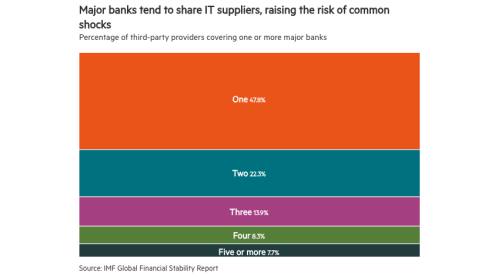Inflation in Spain dropped to 1.6% in June, the third lowest in the eurozone behind Belgium and Luxembourg and well below the 6.4% EU average. The Spanish government has resorted to a number of unconventional fiscal policies to slow down the increase in prices.
While many countries are almost solely relying on monetary policy to control inflation, Spain is instead resorting to economic policy.
The country’s government capped energy prices, lowered the cost of public transport, taxed excess profits and put in place limits on how much landlords can raise rents. For example, in 2022, the government has prevented landlords increasing their rental prices by more than 2%, a measure now extended until 2024. It also cut value-added tax on staple food items to zero.
The Spanish example shows that despite the role of central banks in controlling inflation, there are levers available to policy-makers to counter short-term price rises and manage their redistributive impact.







